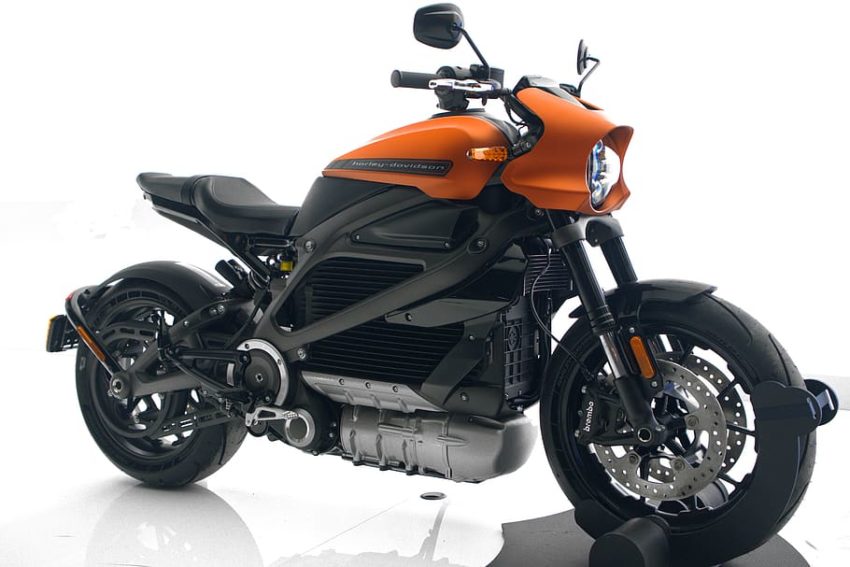Environmental concerns, to a greater extent than ever before, are shaping public policy.
A government commitment to phasing out sales of petrol and diesel sales before 2040 has made headlines – but it will be down to manufacturers to actually deliver on the change.
As you might expect, the biggest polluters on our roads are the engines which have to carry the greatest weight – those of trucks and vans, and cars which carry just a single person to and from work every day. Motorcycles, being lightweight, don’t produce quite as much CO2. But this advantage also makes them perfectly suited to being transitioned into an electric form; thus it’s likely that we’ll see smaller vehicles like bikes become entirely electric before larger ones follow.
Much of the reason for this stems from that much-cited obstacle to widespread electric adoption: range anxiety. Small batteries must carry large weights over large distances. The greater the disparity between the weight being carried and the battery powering it, the shorter the range.
In a motorcycle, the battery can be made far larger relative to the mass being propelled. Thus, the distance travelable in a single journey has risen exponentially as battery efficiency has improved. California-based Zero Motorcycles began shipping in volume in 2010, at a time when the effective range of an electric bike was just a few dozen miles. Now, it’s a few hundred. And the evolution of the hardware is only going to accelerate as more customers elect to ditch their traditional bikes for battery-powered alternatives.
As well as the smaller market disruptors, there have been larger names looking to shift their output toward the new way of thinking, among them global players like Harley Davidson, BMW and Triumph. It seems a matter of when rather than if when it comes to electric transport in general, and with motorcycles in particular, that transition may arrive sooner rather later.
Motorcyclists aren’t, of course, just looking to extend their range and limit their fuel anxiety – but to experience the fun that comes with life in the saddle. As such, newer electric vehicles are going to have to compete with traditional ones when it comes to power and performance, as well as efficiency. When they’re able to do so, it’s likely that the traditional bike will increasingly become the preserve of niche enthusiasts, before they’re eventually ejected from British roads by law. When that day arrives, we can expect less emissions, less noise, and overall greener transport.
But how quickly will that day come? Tom Warsop, of Devitt Insurance, is optimistic: “With mainstream motorcycle manufacturers such as Harley Davidson entering the electric bike arena with Livewire, and Triumph and Ducati not far behind, it’s clear that the future is electric. There’s work to be done on the infrastructure to support widespread use of electric vehicles but with emergence of electric bike manufacturers such as Zero, Energica and Arc, it’s certainly going to be exciting to watch it develop within the motorcycle industry.


